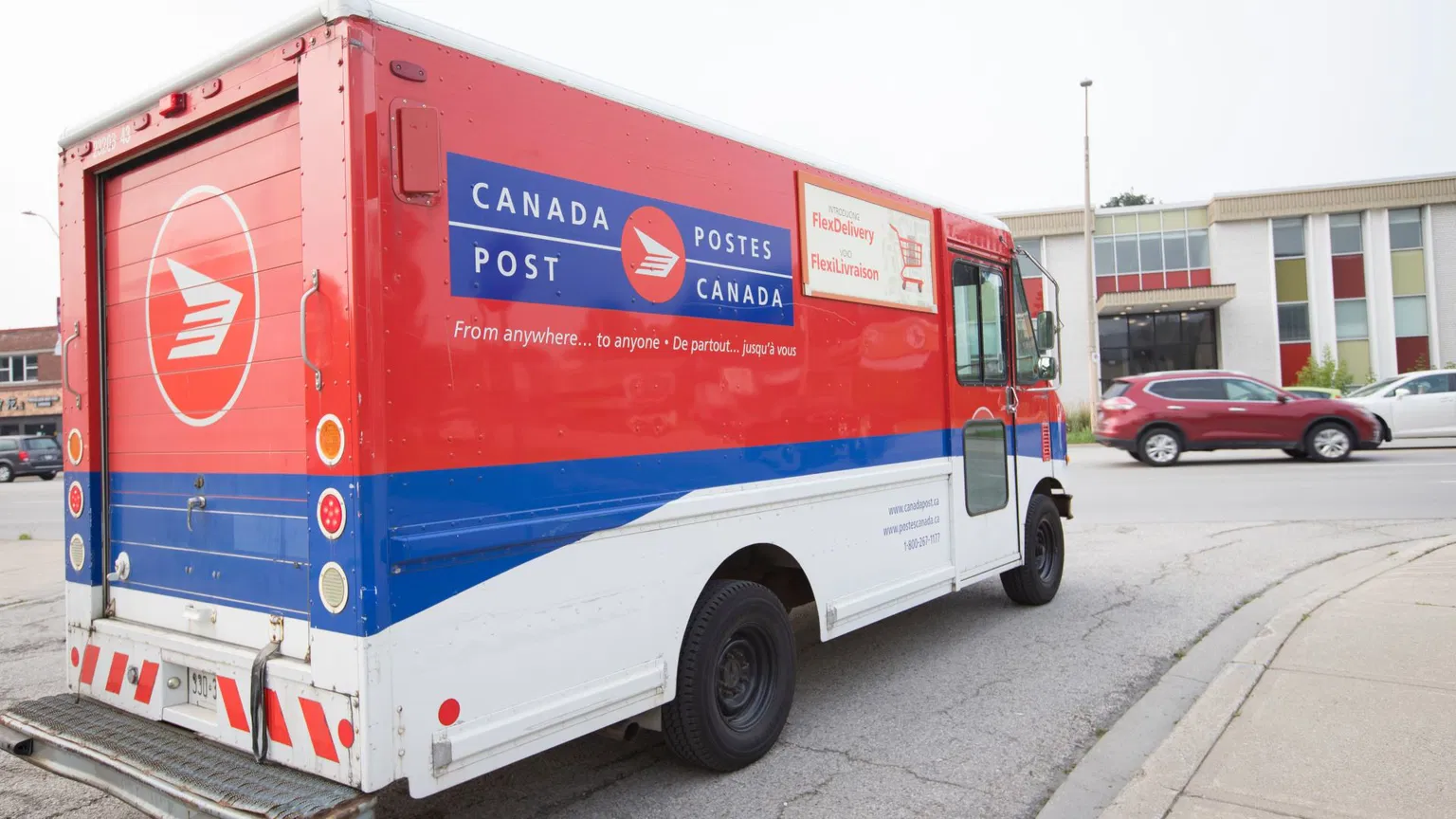Overview of the Current Vote
The ratification vote for a new labor contract affecting 53,000 employees at Canada Post is set to commence on Monday, stirring discussions about its far-reaching implications for service delivery and parcel revenues. This vote is taking place under uncertain circumstances, as Canada Post faces significant operational challenges and financial losses.
Key Points of Discussion
- Contract Details: The proposed contract includes a notable 13.6% wage increase and a $730 signing bonus, amidst significant pushback from the union over changes to working conditions.
- Financial Struggles: Canada Post has been grappling with rising losses, reported at approximately $7.3 million a day, primarily due to diminishing mail volumes and market share in the parcel delivery sector.
- Voting Process: The vote, managed by the Canada Industrial Relations Board, allows employees to participate via an online or telephone system until August 1st, aiming to resolve ongoing labor disputes affecting company operations.
Financial Woes and Market Position
Canada Post is caught in a challenging financial bind, with losses from operations more than doubling compared to last year. The operational losses underscore a decline in traditional mail volumes, leading to reduced revenue from parcels.
The Canada Industrial Relations Board has set up a process for confidential voting that will include all employees from the Canadian Union of Postal Workers (CUPW). If a majority favor the contract, it will cement the new collective agreement amidst a backdrop of sustained conflict and operational hurdles.
Context of the Negotiation
Recently, this ratification process was imposed by the Minister of Jobs and Families after Canada Post expressed concerns over union leadership and worker representation. The management’s previous attempts to negotiate a suitable contract have been contentious, marked by a lengthy 19-month negotiation period which included a significant strike during a peak holiday season. Delivery delays have created a ripple effect, with many businesses, particularly in e-commerce, seeking more reliable alternatives to Canada Post’s services.
Union Opposition and Concerns
The CUPW has made strong calls for its members to reject Canada Post’s proposed contract. Union leaders argue that the proposal is an affront, undermining collective bargaining power and worker rights.
They contend that the company’s approach seems aimed at undermining the strength of union representation, favoring a system where employees are dealt with individually, thus reducing the collective negotiating power required for favorable working conditions.
- Key Union Complaints: CUPW representatives assert that Canada Post’s strategy includes renegotiating key terms without adequately safeguarding the interests of the workers, such as overtime pay for full-time carriers.
- Strategic Changes: The proposal introduces dynamic routing, which entails continually adjusting delivery routes. While this might enhance efficiency, the union raises alarms regarding its potential to lead to excessive workload reassignment without proper compensation.
Economische implicaties
At stake is not just employee compensation, but the future viability of the parcel delivery operations of Canada Post. Since 2018, the company has recorded over $2.8 billion in losses before tax, which poses a serious challenge to its long-term operational model.
As mail volumes have dropped a staggering 70% over the past two decades, concurrently, the company has seen its market share in parcels halved. These stark statistics raise questions about Canada Post’s adaptability in a rapidly evolving delivery landscape.
Impacts on the Canadian Logistics Sector
The implications of these negotiations extend far beyond the Canada Post workforce. The outcome could dramatically alter the logistics landscape in Canada.
As businesses turn to alternatives amid the ongoing labor unrest, the future of parcel delivery services hangs in the balance. Online retailers, who rely heavily on dependable shipping methods, may be forced to pivot to other courier services if Canada Post cannot stabilize its operations.
Worker Compensation and Future Negotiations
Workers in the parcel and logistics sector could see direct impacts from these negotiations. A successful resolution could restore confidence in Canada Post as a reliable service provider, potentially revitalizing its parcel services amidst growing competition from private couriers.
However, should the contract face rejection, the fallout might prolong service disruptions, leading to greater reliance on private logistics firms that can rapidly adapt to consumer demands.
Conclusie
While the ratification vote unfolds, its outcomes will be crucial both for the employees and the broader logistics framework within Canada. This isn’t merely about a labor contract; it’s about how the organization navigates one of its toughest periods while concurrently facing the demand for innovative delivery solutions and cost-efficient transport methods. GetTransport.com stands ready to assist, providing a range of affordable and efficient global cargo solutions to meet diverse logistics needs, whether for personal moves or commercial shipments.
The interplay between labor negotiations and logistics can either bolster service resilience or lead to unpredictable challenges. A one-size-fits-all approach isn’t practical in today’s fast-paced world, where logistics can make or break a business’s reputation. Book your cargo transportation with GetTransport.com today for reliability and affordability. GetTransport.com.com

 Contractonderhandelingen Canada Post: Uitdagingen en gevolgen voor de bezorgsector">
Contractonderhandelingen Canada Post: Uitdagingen en gevolgen voor de bezorgsector">